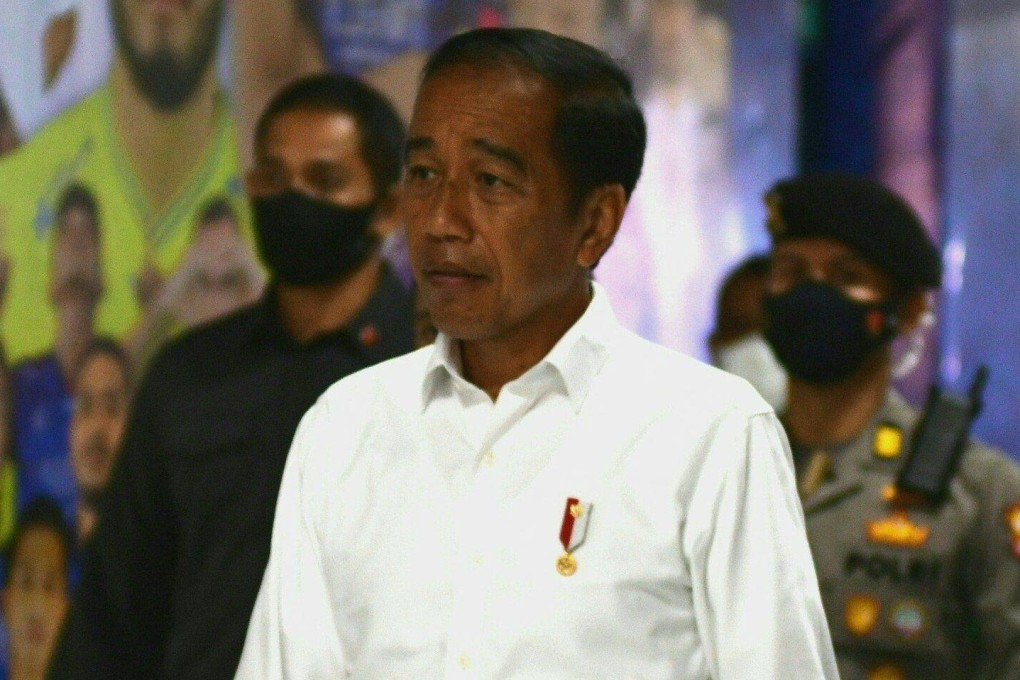Indonesia’s presidential election is not until 2024, but the battle for power is under way. Who’s in the race?
- President Joko Widodo is currently constitutionally barred from a third term, leaving the door open for someone else to lead the country
- Some linked to political dynasties, like Puan Maharani, daughter and granddaughter of ex-presidents, while others are relative outsiders

With Indonesian President Joko Widodo barred by the constitution from seeking a third term, the 2024 presidential election will be wide open, meaning voters can choose a candidate propped up by the old guard or an outsider, as Widodo once was, to lead the world’s third-largest democracy.
Speculation is already rife about some figures, including twice-defeated presidential nominee turned Defence Minister, Prabowo Subianto; Widodo himself, who has repeatedly been rumoured to be seeking constitutional amendments to allow him to run again; and newcomers such as regional leaders Central Java Governor Ganjar Pranowo and outgoing Jakarta Governor Anies Baswedan.
Party leaders also have their eyes on running, with billboards about top politicians like Puan Maharani from the ruling Indonesian Democratic Party of Struggle (PDIP) and Airlangga Hartarto, the chairman of another party, Golkar, lining roads across the country.
These advertisements have stoked further speculation, particularly on whether the PDIP will nominate Puan – daughter of former president and party chair Megawati Sukarnoputri, herself the daughter of a president – or fellow PDIP cadre Ganjar, who has consistently ranked among the top preferred presidential candidates by pollsters.

However, up to 60 per cent of voters in the next election will be dominated by Gen-Z and millennials, broadly speaking the cohort aged between 18 and 40, many of whom rely on the internet to make informed decisions, including voting choices. That could lead to social-media savvy figures like Ganjar coming out on top. Other newcomers will also have a shot at the presidency, assuming that they have a proven track record.
